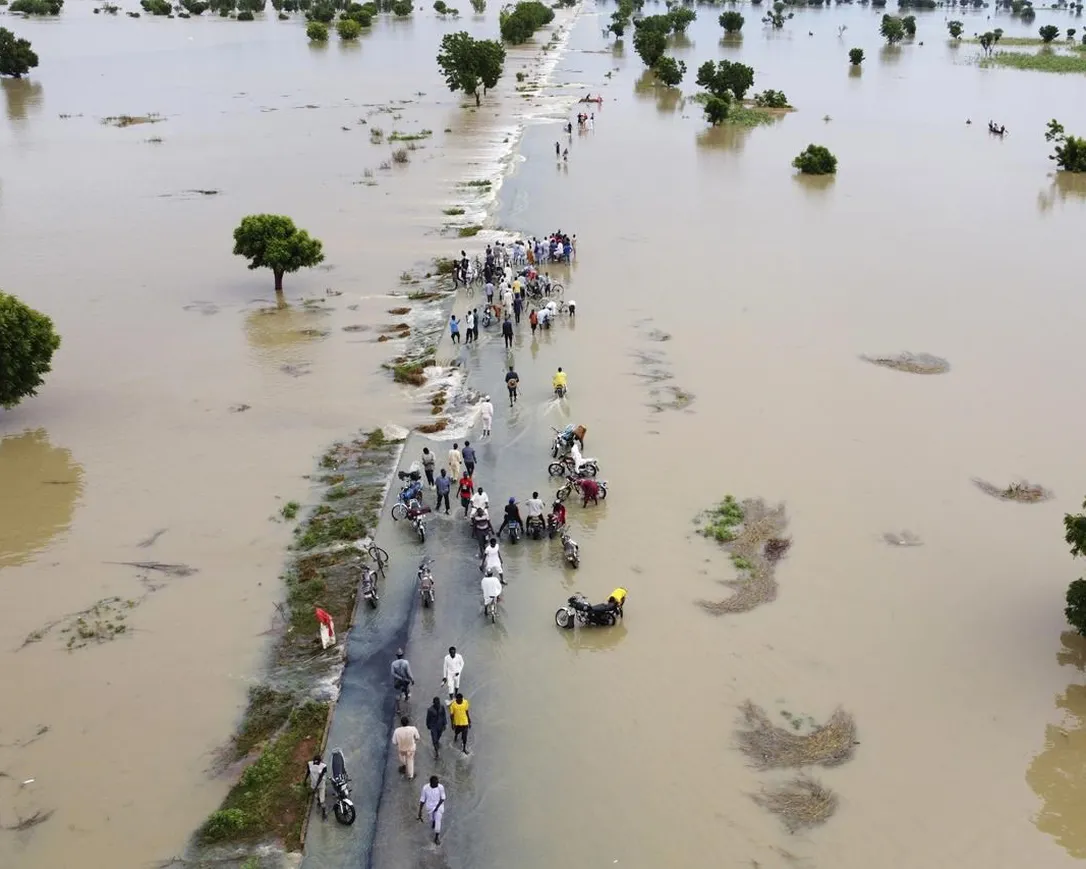A key new U.N. report on climate change was approved by governments on Sunday, following a standoff between wealthy and developing nations over emissions limits and financial assistance to weaker countries that had delayed adoption.
At the conclusion of a week-long meeting in the Swiss town of Interlaken, the report authored by hundreds of the world’s leading scientists was scheduled to be approved by government delegations on Friday.
The final gavel was repeatedly delayed as representatives from powerful nations including China, Brazil, Saudi Arabia, the United States, and the European Union argued over the weekend how certain sentences should be worded.
The report by the U.N. Intergovernmental Panel on Climate Change caps a series that digests vast amounts of research on global warming compiled since the Paris climate accord was agreed in 2015.
Read Also: climate-change-couple-ready-for-pole-to-pole-electric-car-challenge
A summary of the report was approved early Sunday but agreement on the main text dragged on for several more hours, with some observers fearing it might need to be postponed.
The U.N. plans to publish the report at a news conference early Monday afternoon.
The unusual process of having countries sign off on a scientific report is intended to ensure that governments accept its findings as authoritative advice on which to base their actions.
At the start of the meeting, U.N. Secretary-General António Guterres called on delegates to provide ” cold, hard facts ” to drive home the message that there’s little time left for the world to limit global warming to 1.5 degrees Celsius (2.7 Fahrenheit) compared with preindustrial times.
While average global temperatures have already increased by 1.1 Celsius since the 19th century, Guterres insisted that the 1.5-degree target limit remains possible “with rapid and deep emissions reductions across all sectors of the global economy.”
Story adapted from VOA
